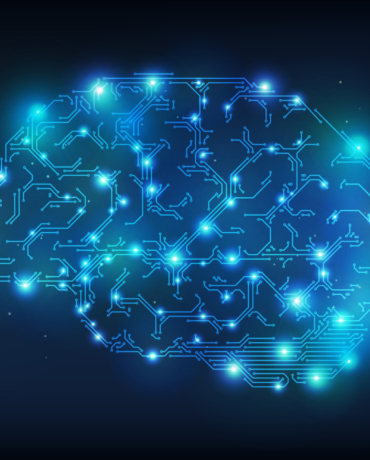Symptoms include:
- not wanting to go out or take part in activities that were previously enjoyable
- withdrawing from social contact with friends and/or family
- difficulties in concentrating or sleeping
- feeling overwhelmed, guilty or frustrated
- experiencing negative thoughts
- feeling sick, tired or run down all of the time.
The causes of depression can vary from person to person. For some, stressful life events such as the loss of a relationship or job, long-term unemployment, physical health issues, family problems, or the death of a loved one might trigger depression. For others, there is no obvious cause.
Types of depression
In addition to major depression, there are different types of depressive disorders that have different symptoms or varying degrees of the same symptom.
- Melancholia: A severe form of depression where many of the physical symptoms of depression are present.
- Post-natal depression: During pregnancy and in the year following childbirth, women may experience feelings of depression that affect not only her emotions, but her relationship with her baby.
- Psychotic depression: A form of depression that can involve hallucinations, delusions, or paranoia.
- Seasonal Affective Disorder: A mood disorder that has a seasonal pattern.
To receive a diagnosis a doctor may conduct a physical examination as well as a personal interview that explores how a person feels and how long they’ve experienced their symptoms. They may also follow this up with lab tests to rule out a physical condition that may be causing the symptoms.
There are many effective medical and psychological treatments available for depression. People may use one or a combination to find relief. The primary medical treatment for depression is antidepressant medication. Psychological treatments are known to help people to change negative patterns of thinking and improve their coping skills.
Our research approaches
Our research focuses on identifying the gene-brain mechanisms that contribute to increased severity of anxiety and depression symptoms.
To better understand these mechanisms we are studying a large cohort of Australian adult twins over time. This is a very effective way to work out what is more important in brain development: specific genes or life experiences.
Once we better understand those factors, our ultimate aim is to discover methods of preventing anxiety and depression and how to predict the response to that treatment.
The methods we use to measure brain function include neurocognitive performance tests and magnetic resonance imaging scan (MRI).
Our research discoveries
NeuRA has shown the impact of childhood trauma on brain volume and brain function. This includes proving that exposure to early life trauma has a detrimental impact on brain volume and/or function. That effect is exacerbated when combined with specific genetic variants.
We have also demonstrated that the type of trauma exposure, for example child versus adult trauma, has a varying impact on depression and anxiety symptoms.
Further research has revealed depression and anxiety symptoms can be hereditary and are strongly influenced by genes, gender and environment, including life experiences and parenting styles.











